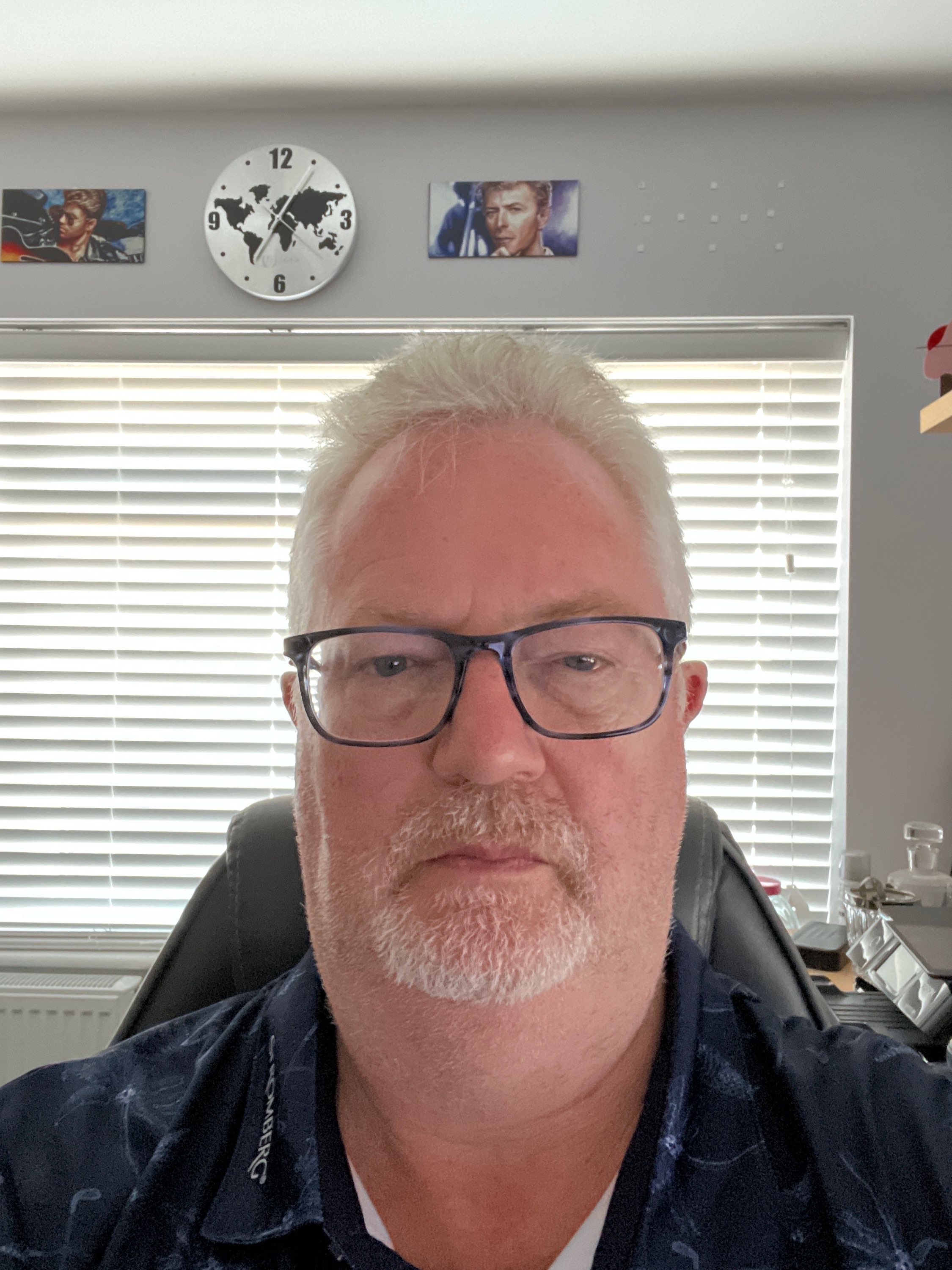Absolar Solutions signs up to SPRINT for solar installation feasibility project
- Satellite Evolution

- Feb 16, 2022
- 2 min read
Absolar Solutions, based at Southampton Science Park, has signed up to the national SPRINT (SPace Research and Innovation Network for Technology) business support programme to access funding for a major solar installation feasibility project.

With SPRINT funding, Absolar will collaborate with the University of Southampton, using space information from satellite image data to develop a new solar feasibility model. This will enable Absolar to create more accurate and more usable predictions to identify suitable buildings for solar panel installations.
In this SPRINT project, Absolar and the University of Southampton will develop a machine learning computer model to assess satellite image datasets and extract critical information such as roof structure and roofing materials for energy system simulations. This model will also automate system design processes such as panel layout, wiring, and choice of equipment, and will be integrated into a web-based user interface that will provide solar feasibility information to the public.
Three local authority energy managers (from Portsmouth, Reading and the Isle of Wight) have agreed to work closely on the SPRINT project, providing feedback on a regular basis.
This project with the University of Southampton will be funded by the £7.4 million SPRINT programme. SPRINT provides unprecedented access to university space expertise and facilities. SPRINT helps businesses through the commercial exploitation of space data and technologies.
Dr Phil Wu, Chief Executive Officer at Absolar said: “The team at the University of Southampton are experts in their field and this collaboration will reduce the risk that comes with R&D, enabling us to focus our resources on commercialisation.
“Although there’s a widescale awareness of the critical need for net zero and low carbon initiatives, there is still a lack of knowledge and the technology involved in this SPRINT project will allow us to help people with their goals of delivering climate actions and moving towards the UK Government’s net zero emissions target.”
Kirk Martinez, Professor in Electronics and Computer Science at the University of Southampton added: “We will bring software development and machine learning expertise to this new SPRINT project with Absolar, helping their experienced software engineers to effectively use image processing and machine learning. The aim of this collaboration is to help Absolar to guarantee the software quality, shorten the development process and accelerate the product’s route to market.”



Comments